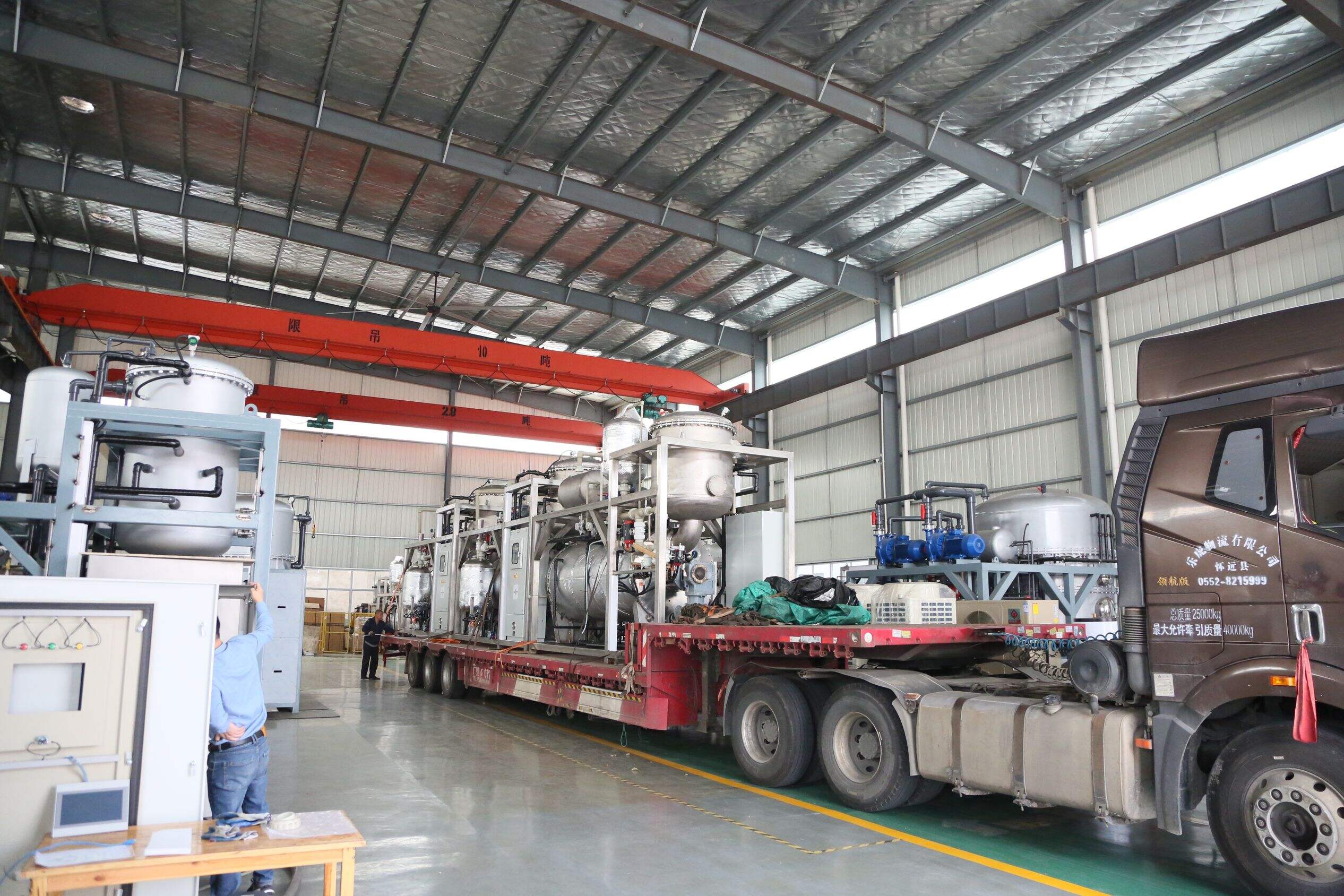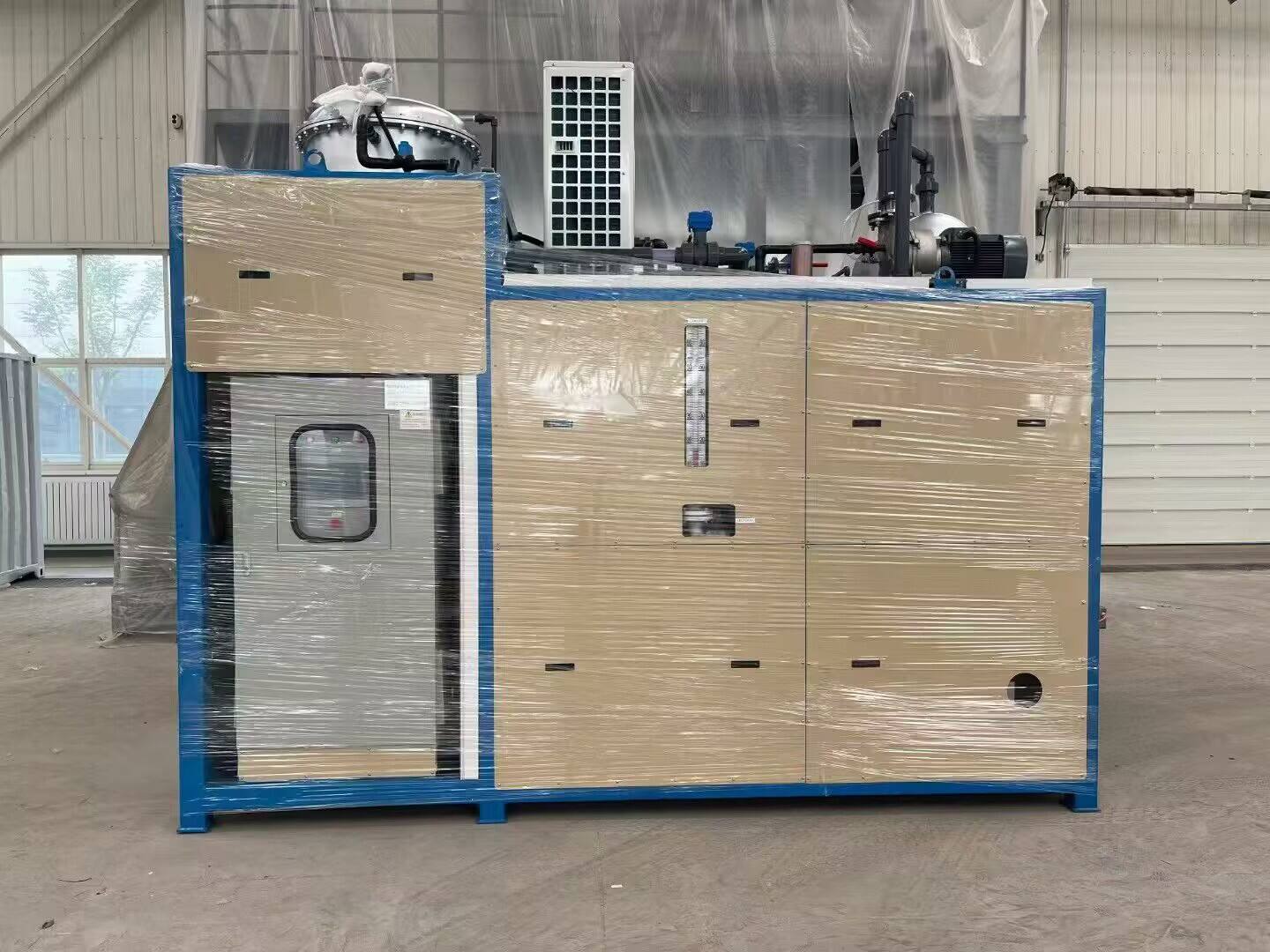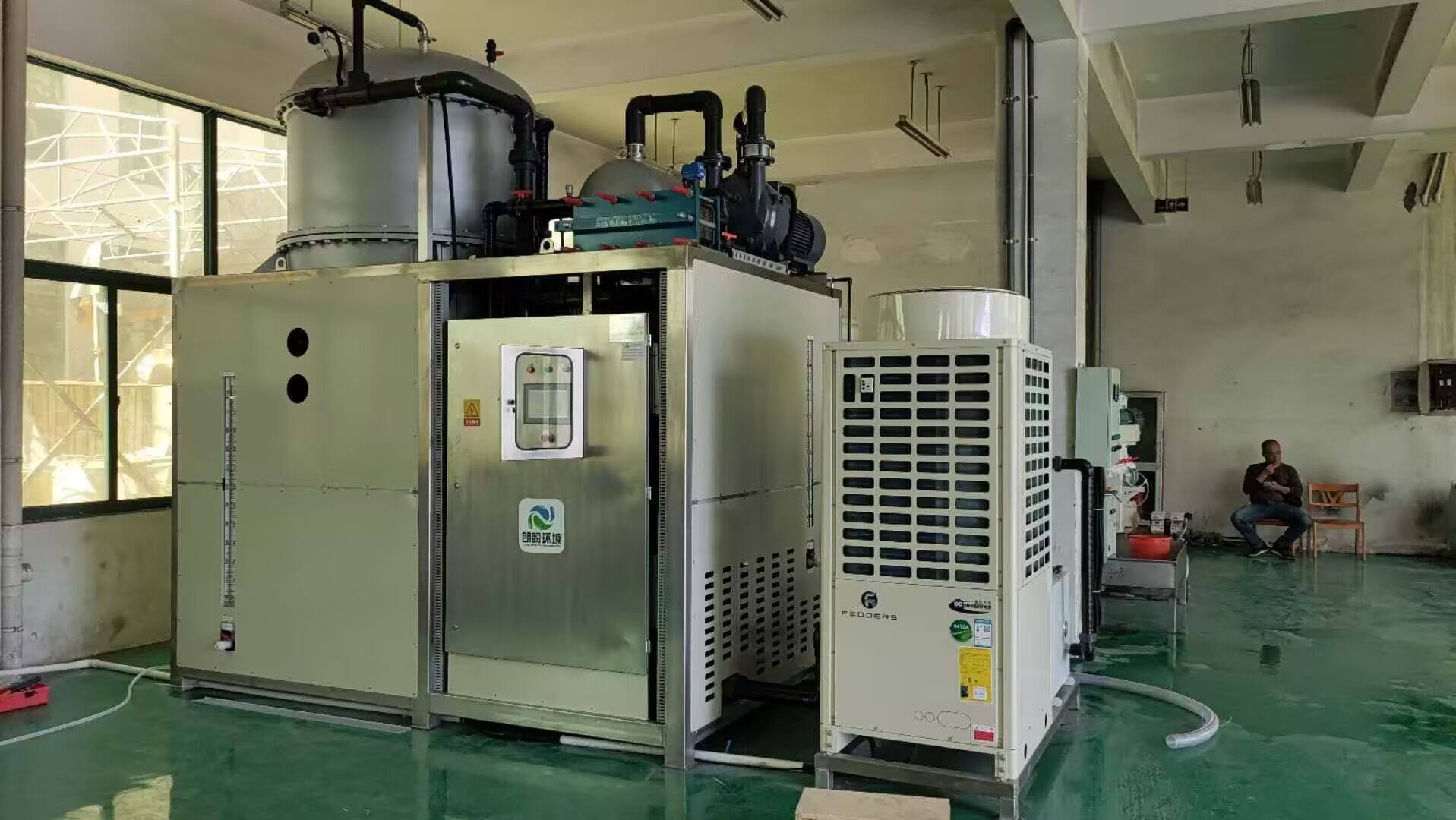industrial vacuum evaporator manufacturer
Industrial vacuum evaporator manufacturers specialize in designing and producing advanced systems that efficiently remove water and other solvents from various solutions through vacuum-assisted evaporation processes. These manufacturers combine cutting-edge engineering with precision manufacturing to create equipment that operates at reduced pressure conditions, enabling lower boiling points and more energy-efficient separation processes. Their systems incorporate sophisticated heat exchange mechanisms, automated controls, and corrosion-resistant materials to handle diverse industrial applications. Modern vacuum evaporators feature programmable logic controllers (PLCs), advanced monitoring systems, and customizable operation parameters to ensure optimal performance across different industries. These manufacturers emphasize sustainable design principles, integrating energy recovery systems and thermal optimization features to minimize operational costs. They also provide comprehensive support services, including installation guidance, maintenance protocols, and technical consulting to ensure maximum system efficiency. The equipment they produce serves various sectors, including chemical processing, wastewater treatment, food and beverage production, and pharmaceutical manufacturing, offering solutions for concentration, purification, and waste reduction processes.


